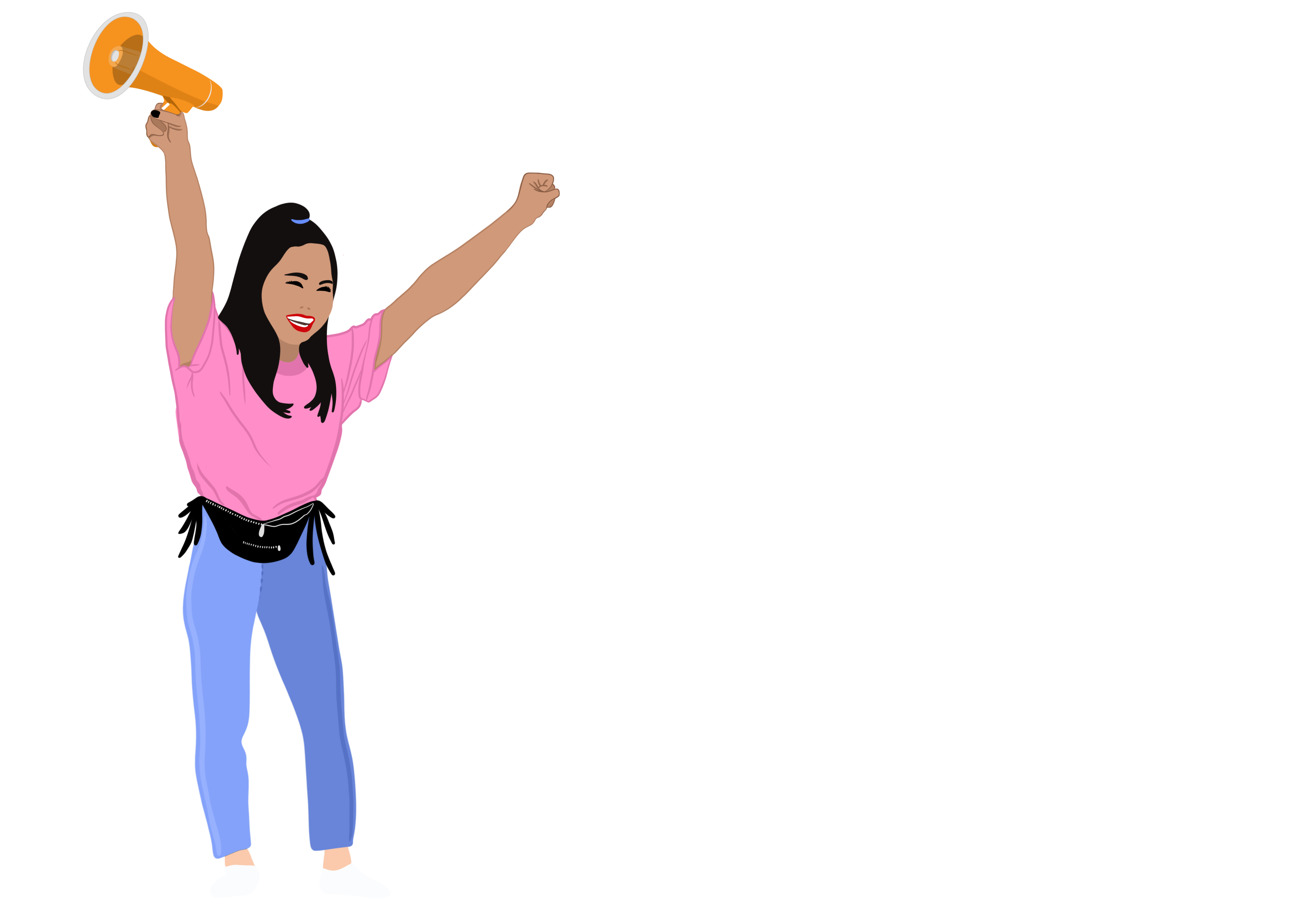Tackling discrimination faced by LGBTI young people
Our Advocacy Officer Alexandra Bekker was in Geneva this week to attend the meeting with the UN Independent Expert on Sexual Orientation and Gender Identity (SOGI) Vitit Muntarbhorn.
During this meeting Alexandra was able to give a statement on behalf of CHOICE:
Public consultation with the UN Independent Expert on Sexual Orientation and Gender Identity
Statement on behalf of CHOICE for Youth and Sexuality, Geneva, 25 January 2017
Thank you Mr. Chair,
As one of the youngest people in the room, I have the honour to make this statement on behalf of CHOICE for Youth and Sexuality, a youth-led organization advocating for the sexual and reproductive health and rights of young people worldwide.
At the outset, we would like to commend the Independent Expert on consulting with civil society to set priorities and strategies for his mandate. We believe this pro-activeness, transparency and inclusiveness will be key for future success in his work.
We want to take this opportunity to ask the Independent Expert to pay due attention to the multiple and intersectional forms of discrimination faced by LGBTI young people, specifically when it comes to their sexual and reproductive health and rights. There is an urgent need for better policy guidelines and financial commitments to ensure that LGBTI young people have unfettered access to the right information, services, and enabling social and legal environments to freely experience the pleasures of safe sex, love and relationships, and to make personal decisions regarding their sexuality and bodily autonomy.
Firstly, we want to call specific attention to the lack of age-appropriate and safe sexual and reproductive health care services. LGBTI young people face discrimination and prejudice in various forms while trying to access these services as a result of their sexual orientation or gender identity, as well as their age. This includes the refusal of care, the use of abusive language and shaming for “deviant” sexual behaviour. As a result, LGBTI young people are unable to obtain the health services they need.
Secondly, we are concerned that sex education programs often do not adequately address the specific needs of LGBTI young people. In fact, in many countries school textbooks continue to include explicit negative portrayals of LGBTI persons, labelling them as sexually deviant. This stigmatization leads to an unsafe school environment and deprives LGBTI young people from accessing accurate and comprehensive information that is of vital importance for their physical and psychological health.
Finally, we want to stress that LGBTI young people are themselves best able to voice their needs, realities and opinions. Their active involvement is indispensable to ensure that laws, policies and programs are meaningful to them, and that information is communicated in ways that are relevant to their everyday lives. Restrictive laws, violence against young activists and lack of funding make it extremely difficult for LGBTI young people to have their voices heard. We therefore call on the Independent Expert to work towards addressing these barriers to meaningful youth participation, and to take an active role in involving LGBTI young people in his mandate.




 Previous News article
Previous News article